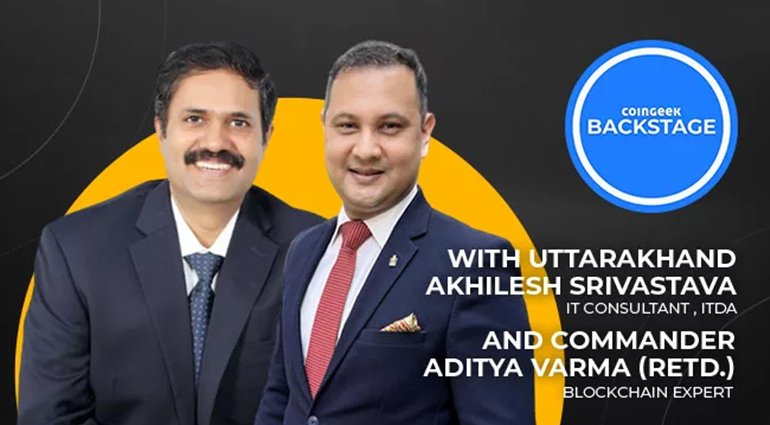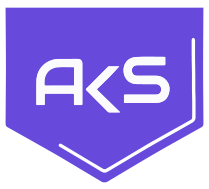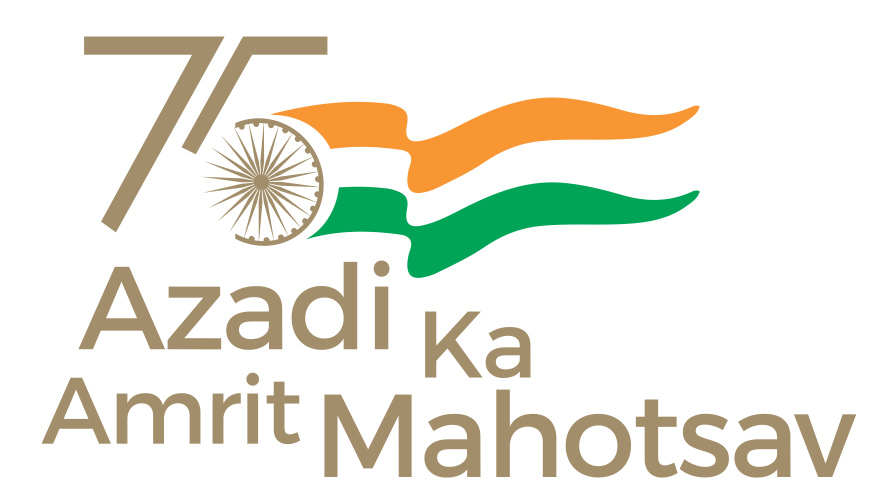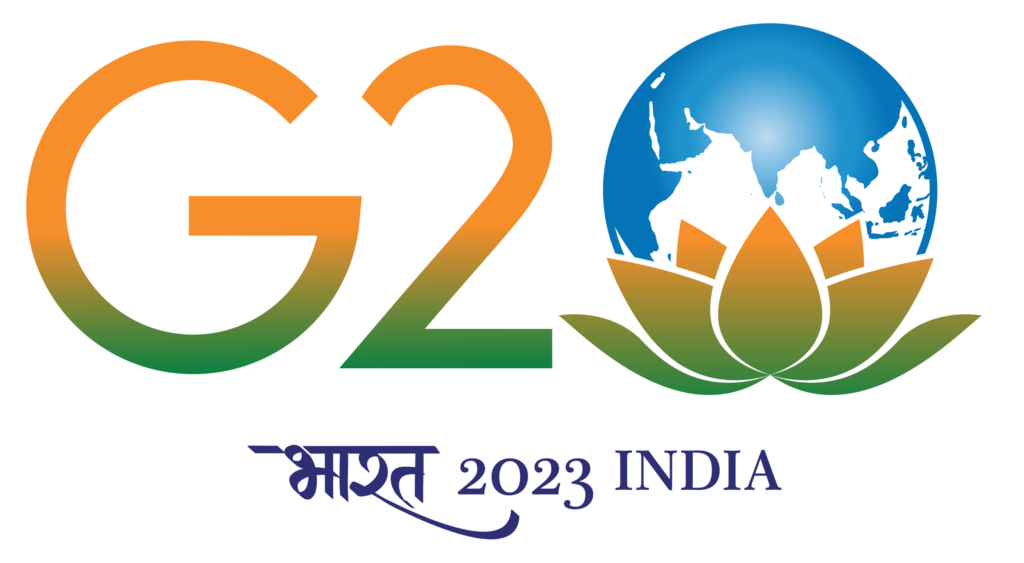CoinGeek Backstage reports industry experts affirm diverse blockchain applications for Indian enterprises, unlocking innovative possibilities.

Blockchain technology experts in India are actively exploring various utilities for the technology in key sectors of the economy, moving beyond the realms of digital currencies and decentralized finance (DeFi). This exploration was discussed at the Blockchain for Productivity Forum, where CoinGeek Backstage had the opportunity to interview two prominent figures in the blockchain space: Commander Aditya Varma (Retd.) and IT consultant Akhilesh Srivastava from ITDA Uttarakhand.
Commander Aditya Varma, a defense consultant, highlighted several use cases for blockchain that extend beyond financial products and digital assets. One notable application he mentioned is in land mapping, where blockchain can enhance the accuracy and transparency of land records. Additionally, Varma pointed out the potential for blockchain in ensuring security for telecommunication networks, optimizing supply chain processes, and fortifying cybersecurity measures.
Varma also emphasized the versatility of blockchain technology, stating that it can be considered a crucial piece of the puzzle that fits into various use cases. He specifically mentioned the concept of non-fungible tokens (NFTs) and suggested that their application can go beyond entertainment and art, offering unique privileges to owners in different industries.
However, Varma noted that these potential use cases are not fully explored yet, urging blockchain firms to expand their horizons and develop tailor-made solutions for the Indian economy.
On the other hand, IT consultant Akhilesh Srivastava sees a fundamental use case for blockchain in enhancing democracy. He highlighted the core feature of blockchain, decentralization, as aligning with India’s democratic ideals. According to Srivastava, the technology’s functionality could empower individuals from any demographic to build products on distributed ledgers, making it a valuable pursuit for the Narendra Modi-led government.
Both speakers also identified artificial intelligence (AI) as an area where blockchain could have a significant impact. They suggested that blockchain could be used to track the data used in training large language models (LLMs) and improve the labeling of AI-generated content. This, in turn, could enhance the permissions and transparency associated with training data for machine learning models.
In conclusion, Varma emphasized that an increase in public-private partnerships could accelerate blockchain adoption rates in India. He highlighted that improving the customer experience with blockchain is crucial for achieving widespread adoption, making the technology accessible to millions of Indians regardless of age or technical expertise.
Despite a recent subtle crackdown on digital currencies in India, the government continues to view blockchain as a key component of its digital economy’s future. Finance Minister Nirmala Sitharaman predicts a 46% increase in blockchain adoption rates before the end of the decade. Various government outfits are already leveraging blockchain, with land registries in municipal governments using the technology to streamline real estate transactions. Furthermore, law enforcement in New Delhi has deployed blockchain for forensics, and the Reserve Bank of India (RBI) reportedly plans to use blockchain for a central bank digital currency (CBDC), signaling the potential for distributed ledgers to play a significant role in India’s financial system.


